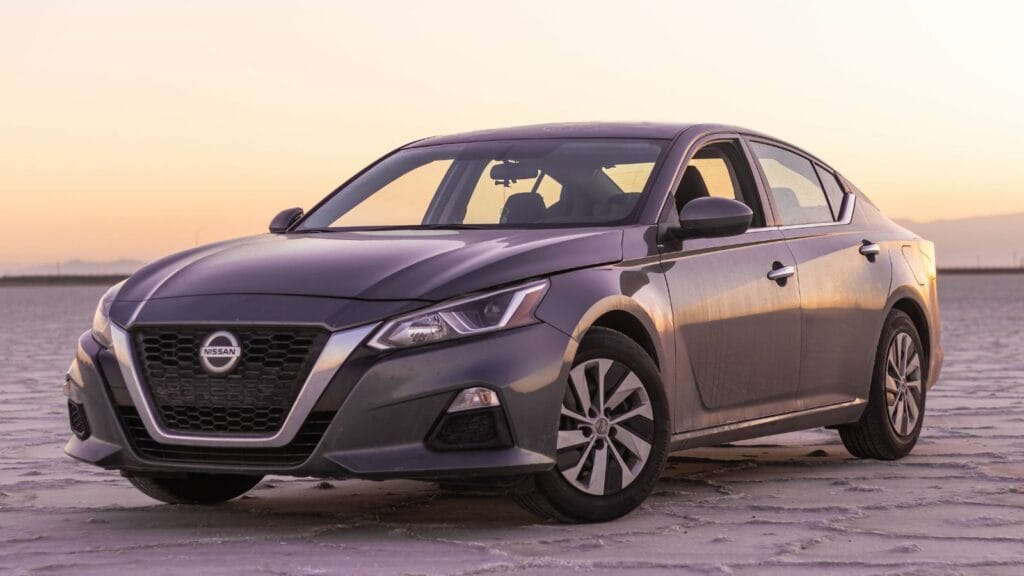Timing is everything in the automotive world, especially when it comes to reselling a vehicle. Some cars are approaching a sharp drop in resale value due to changing market demands, upcoming redesigns, or emerging issues with reliability, cost of ownership, or shifting consumer trends. Here are 25 cars that are showing warning signs in the Canadian market and may leave you wishing you’d sold them while they still held decent value.
Dodge Charger
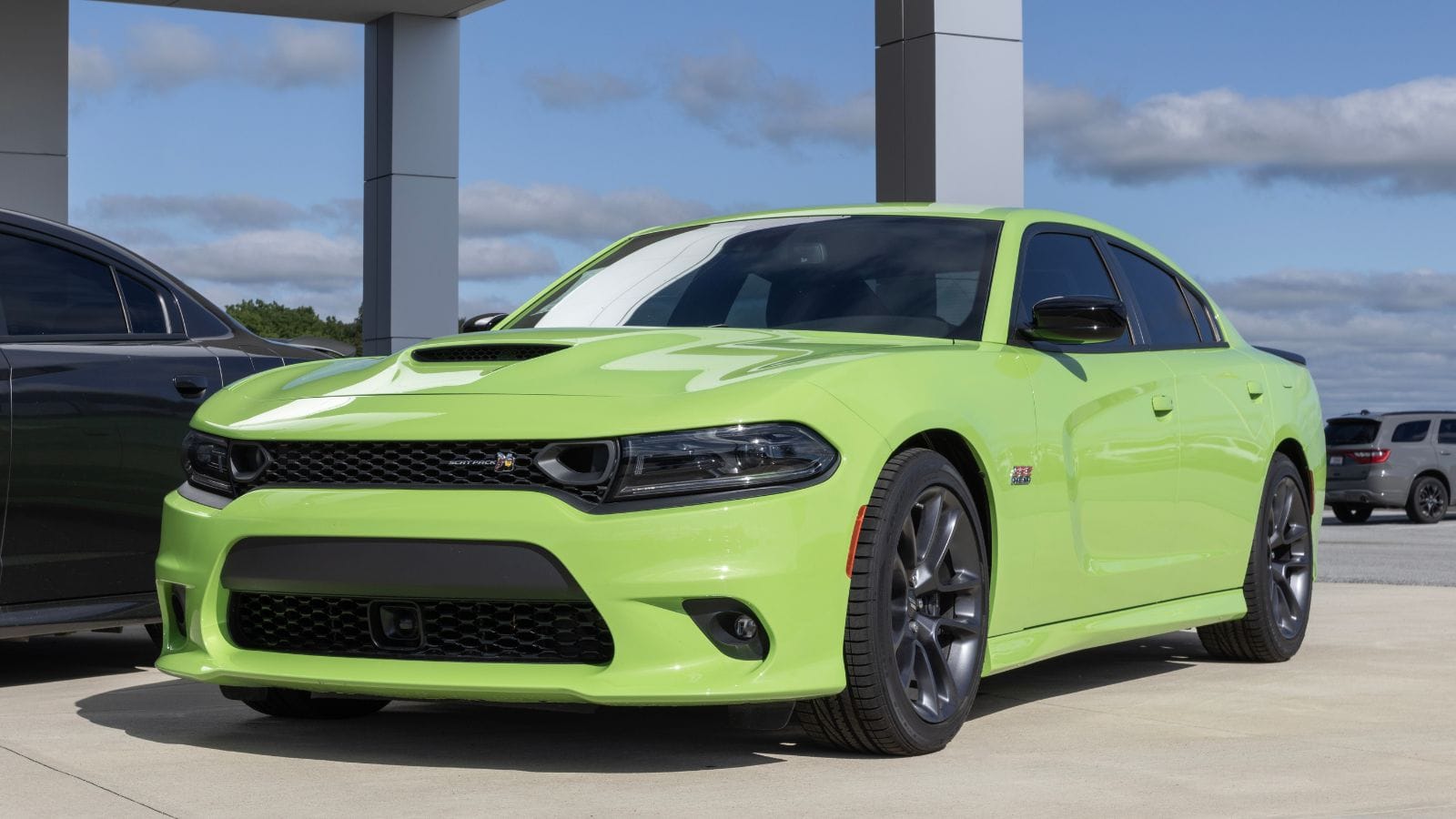
The Charger has always been a favourite among muscle car enthusiasts, but with its days seemingly numbered amid Stellantis’ EV pivot, its resale value is wobbly. With gas prices remaining high and more cities moving toward emissions restrictions, large V6 and V8 sedans are falling out of favour. The upcoming shift to electric-only powertrains will likely affect the long-term desirability of gas-powered Chargers. Buyers are already starting to hesitate, and depreciation is accelerating. Unless it’s a rare trim or limited edition, expect the value to slide faster than before.
Chevrolet Camaro
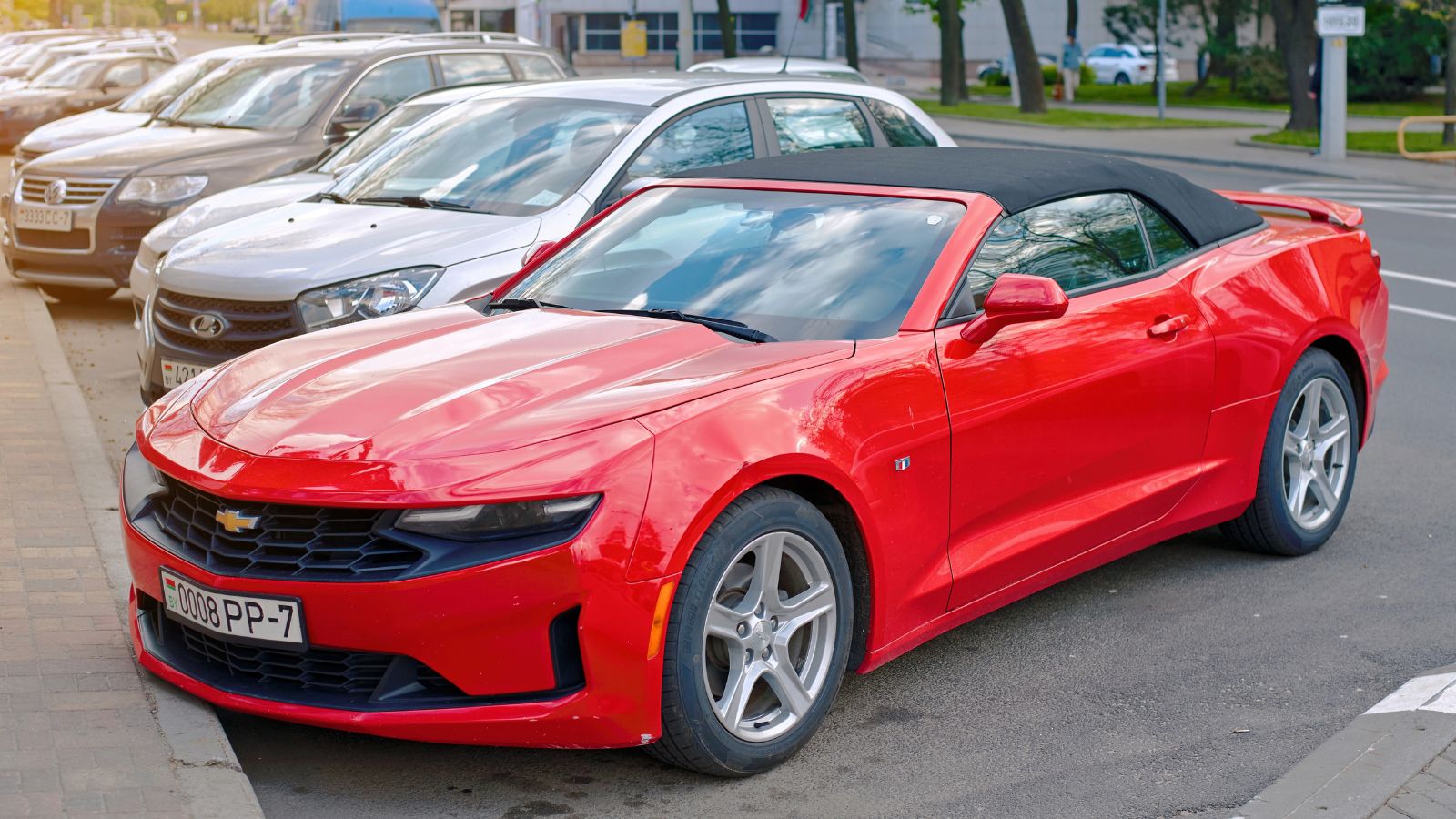
While still stylish and fun to drive, the Camaro is heading toward retirement, which spells trouble for its resale stability. General Motors has already signalled the end of production for the current generation, and demand is softening. Enthusiasts aren’t flocking to dealerships anymore, and younger buyers are shifting to performance crossovers or EVs. Resale platforms are seeing a drop in interest, and values are tapering off. Unless you own a collector’s edition like the ZL1, the odds of holding a reasonable resale price are low.
Nissan Altima
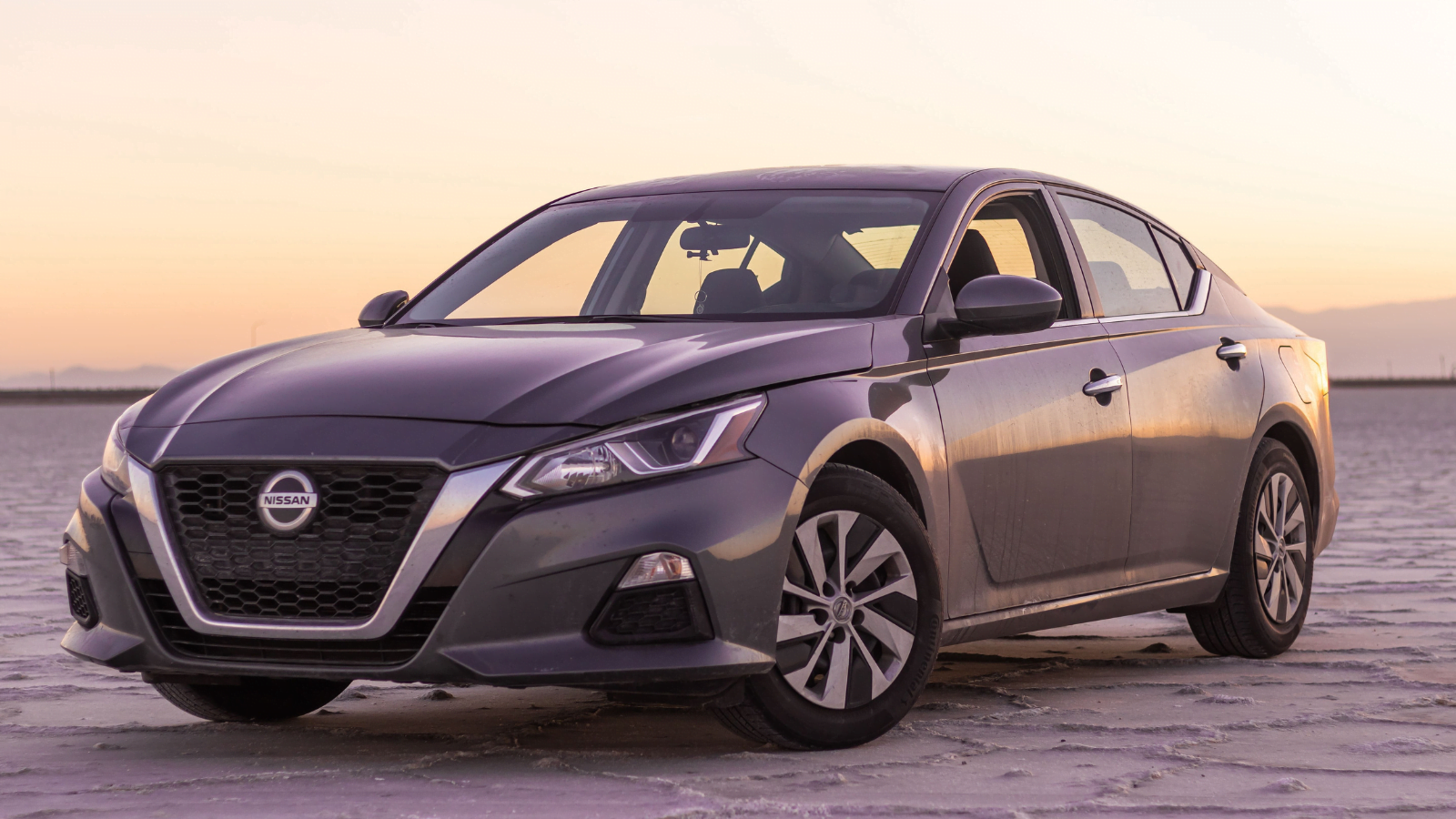
This midsize sedan once had a strong standing due to its available AWD and affordability, but it’s quickly losing relevance in a crossover-hungry landscape. Many buyers are opting for compact SUVs over sedans, which has softened demand significantly. While newer Altimas come with decent tech and features, they’re no longer considered class leaders. Maintenance and CVT reliability issues further dent resale value. The market is saturated with used Altimas, which pushes prices down. If you’re hanging onto one expecting a substantial trade-in value later, you might want to rethink.
Volkswagen Passat
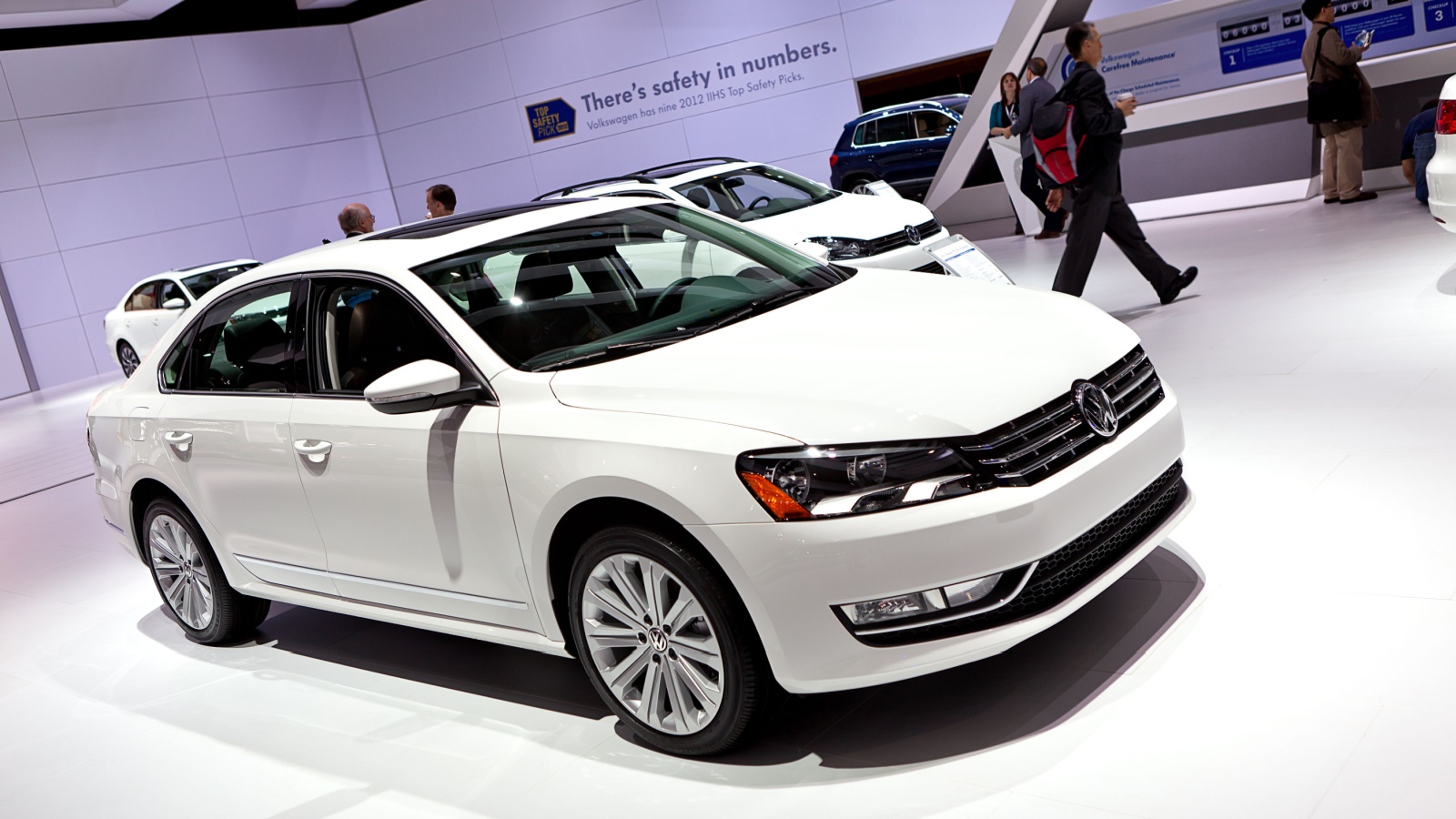
The Passat’s production has already ended, and its value trajectory is headed downhill. Despite decent reliability and comfort, it failed to distinguish itself in a competitive market. With no new models coming, support and parts availability may dwindle over time. That factor alone can reduce buyer interest. Also, the shift away from traditional sedans, combined with the Passat’s plain styling and lack of hybrid or EV options, weakens its resale outlook. The used market already shows signs of declining value.
Ford EcoSport
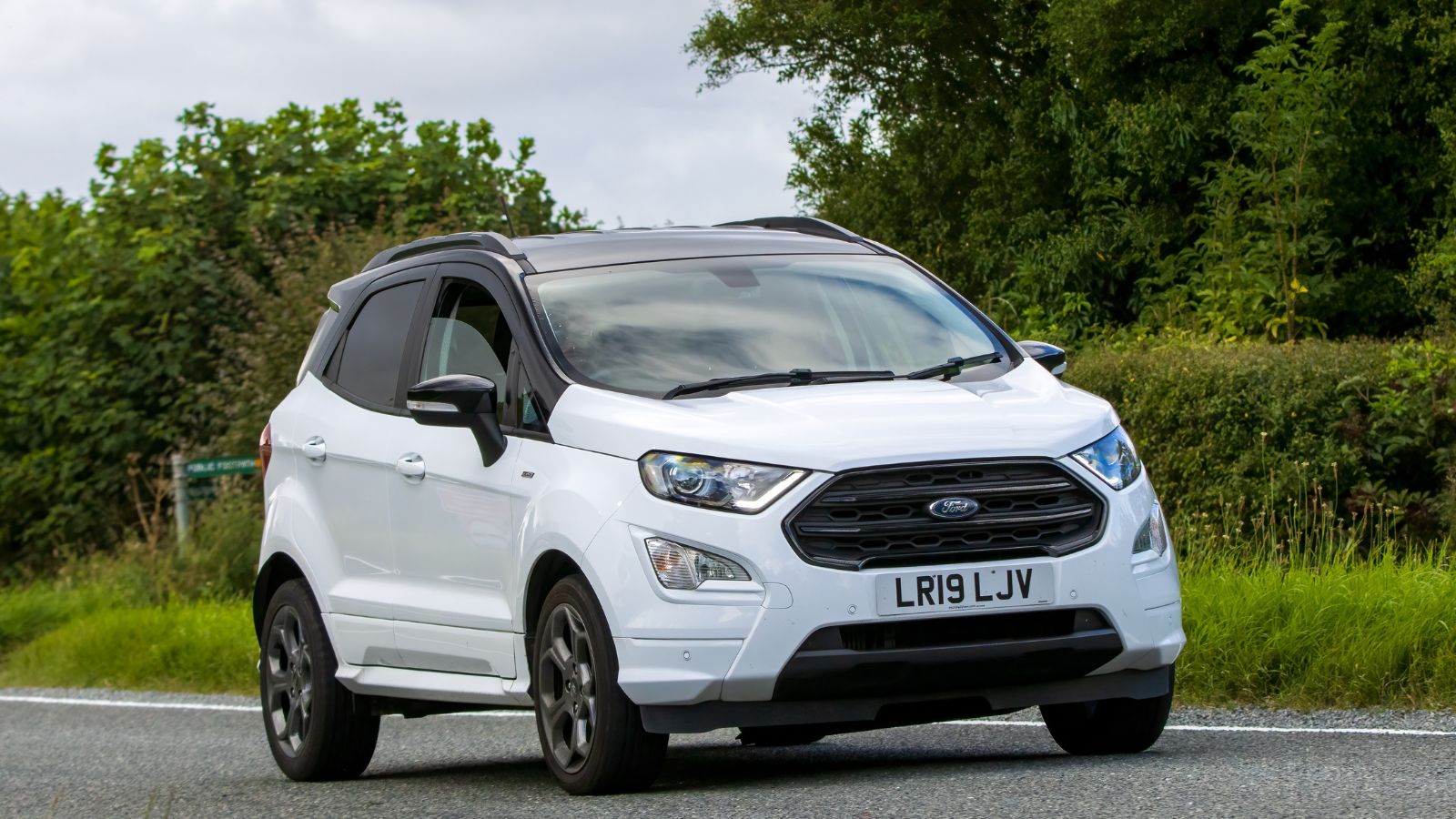
Initially introduced as an affordable subcompact SUV, the EcoSport is being discontinued in North America. That spells trouble for resale, as discontinued models typically see a drop in demand. The EcoSport also has a reputation for mediocre performance, cramped interior space, and underwhelming fuel economy compared to rivals. Many buyers now seek more refined subcompacts like the Hyundai Venue or Kia Soul. With the model bowing out of the lineup, buyers may avoid it entirely. That could lead to sharp depreciation within a couple of years.
Toyota Yaris
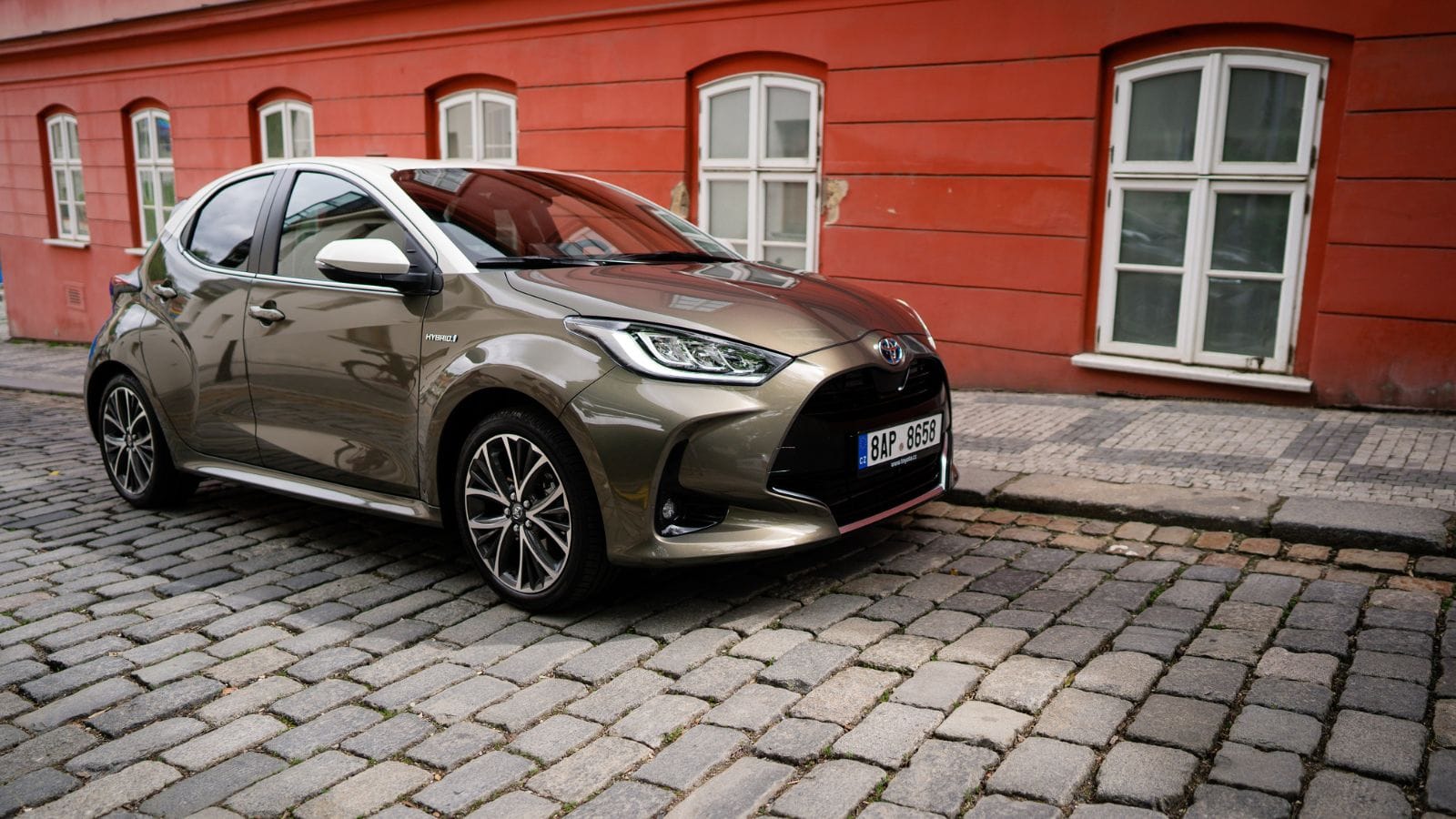
Despite its reputation for reliability, the Yaris is no longer part of Toyota’s Canadian lineup, and resale strength is slipping. The rise of crossovers, combined with the vehicle’s discontinuation, means fewer incentives for dealers or buyers to consider them. Parts and servicing may remain available for now, but value retention has already begun to slide. With compact vehicles falling out of favour, it’s unlikely the Yaris will see a strong resale rebound. If you’re sitting on one, especially a base trim, the time to sell is now. Buyers are dwindling, and resale prices are gradually heading downward.
Buick Encore
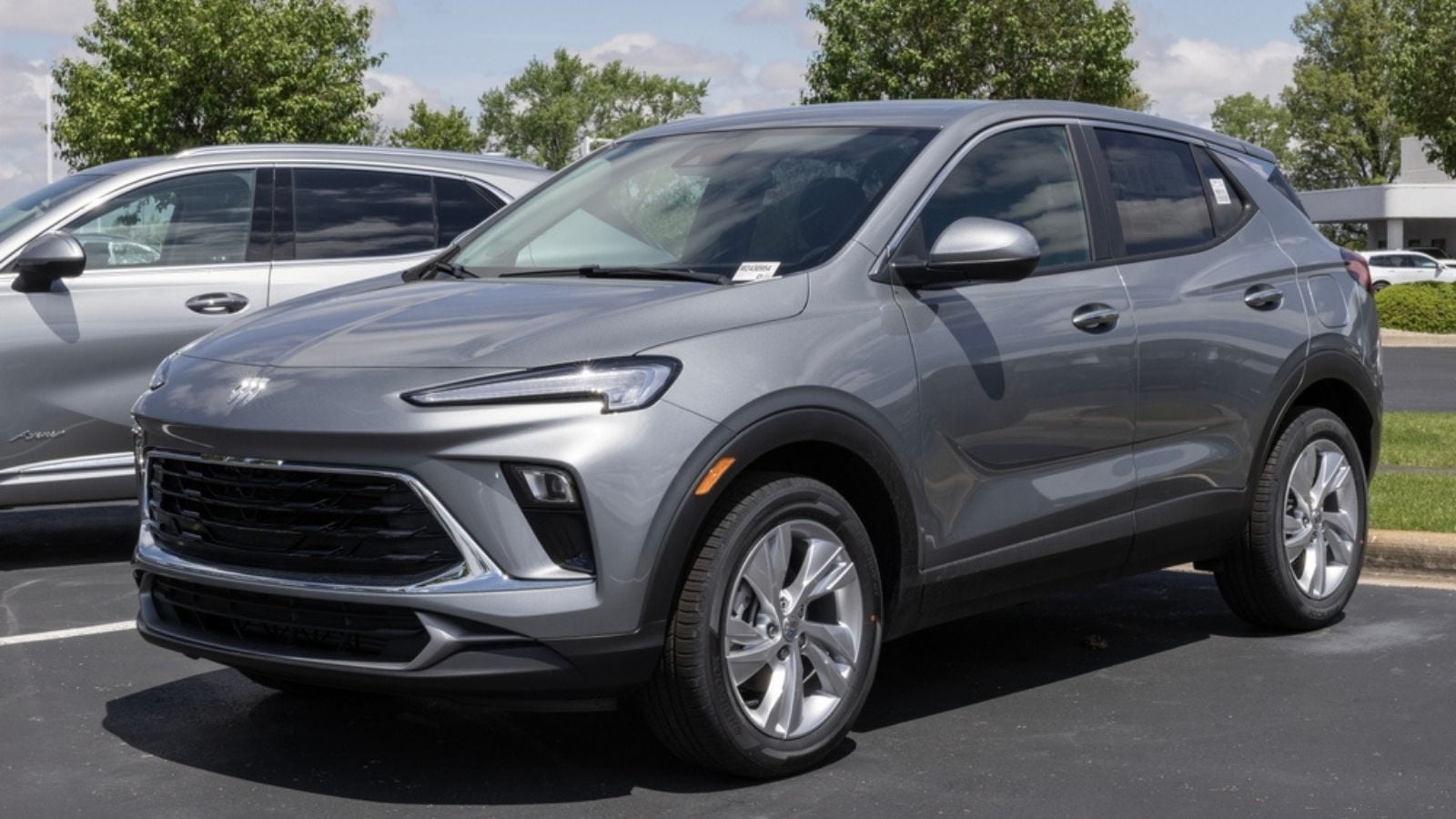
The Encore is facing the double whammy of model discontinuation and a lukewarm market response. Its successor, the Encore GX, has outshone it in every way, leaving the original Encore in the dust. Buyers are steering clear of older subcompact crossovers, especially ones with dated interiors and underpowered engines. Once considered an affordable entry-level luxury crossover, the Encore now struggles to hold appeal. Dealer trade-in values have dropped, and private resale interest is soft. With the shift to newer, more efficient models, this vehicle’s depreciation curve is getting steeper.
Chrysler 300
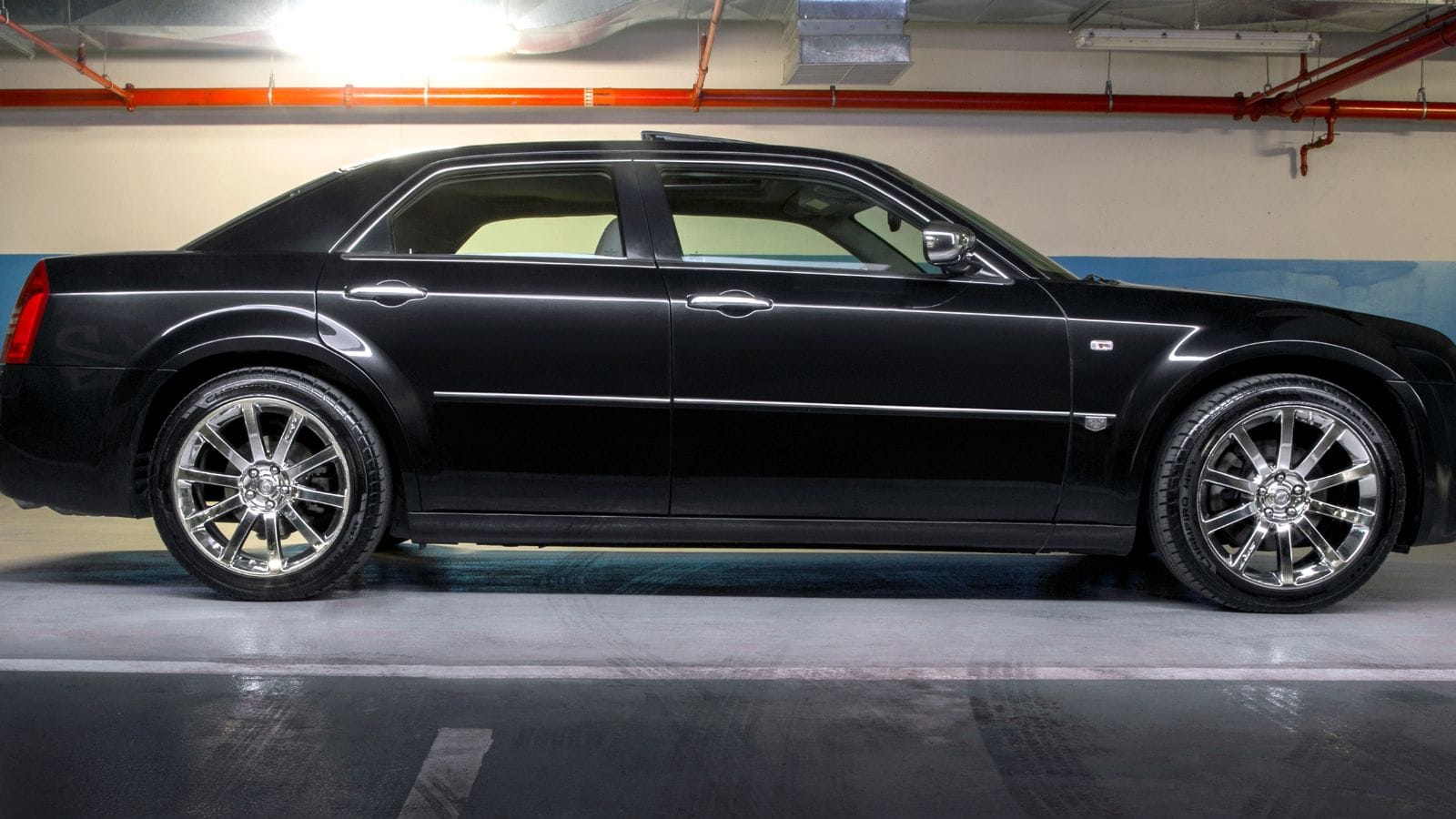
Luxury full-size sedans like the Chrysler 300 are rapidly losing ground in the resale game. It hasn’t seen a significant update in years, and it doesn’t compete well with more modern, tech-forward alternatives. While some still appreciate its roomy cabin and strong engine options, the platform feels dated. With electrification on the rise and FCA models moving toward greener alternatives, demand for big, gas-powered sedans is shrinking. As younger buyers prefer crossovers or EVs, the resale window for the 300 is narrowing. If you’re not planning to keep it long-term, selling it before its value craters is worth considering.
Hyundai Veloster
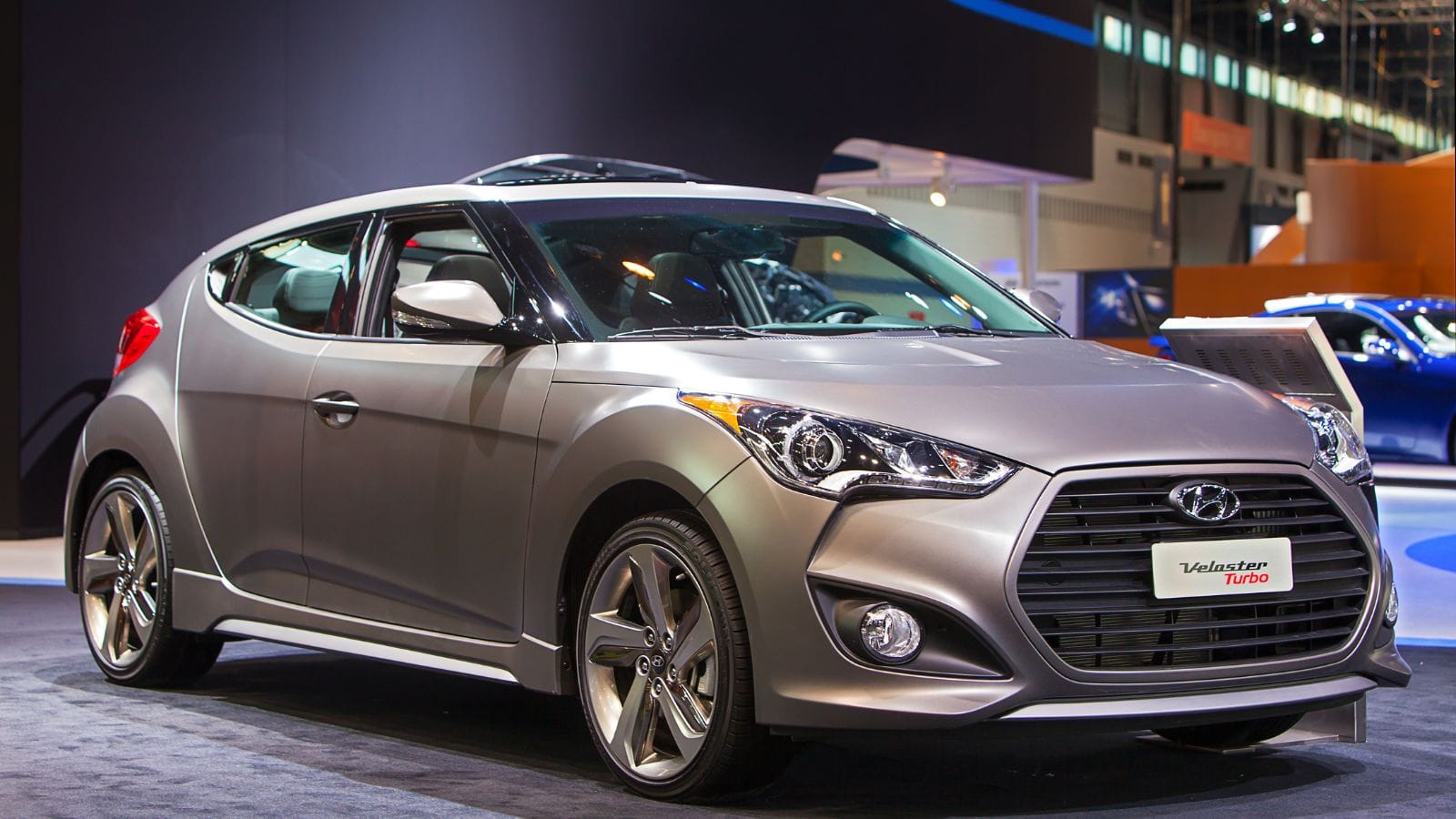
The Veloster’s quirky design and sporty image helped it carve a niche, but that niche is shrinking fast. With Hyundai discontinuing the model, resale prospects are dimming. The Veloster never enjoyed mainstream popularity, which limits buyer interest in the used market. Performance versions like the Veloster N may retain some collector allure, but base models are losing value quickly. Practicality has always been a concern due to its unusual door layout and tight interior. As crossovers continue to dominate, sporty hatchbacks like this are struggling to stay relevant.
Mitsubishi Mirage
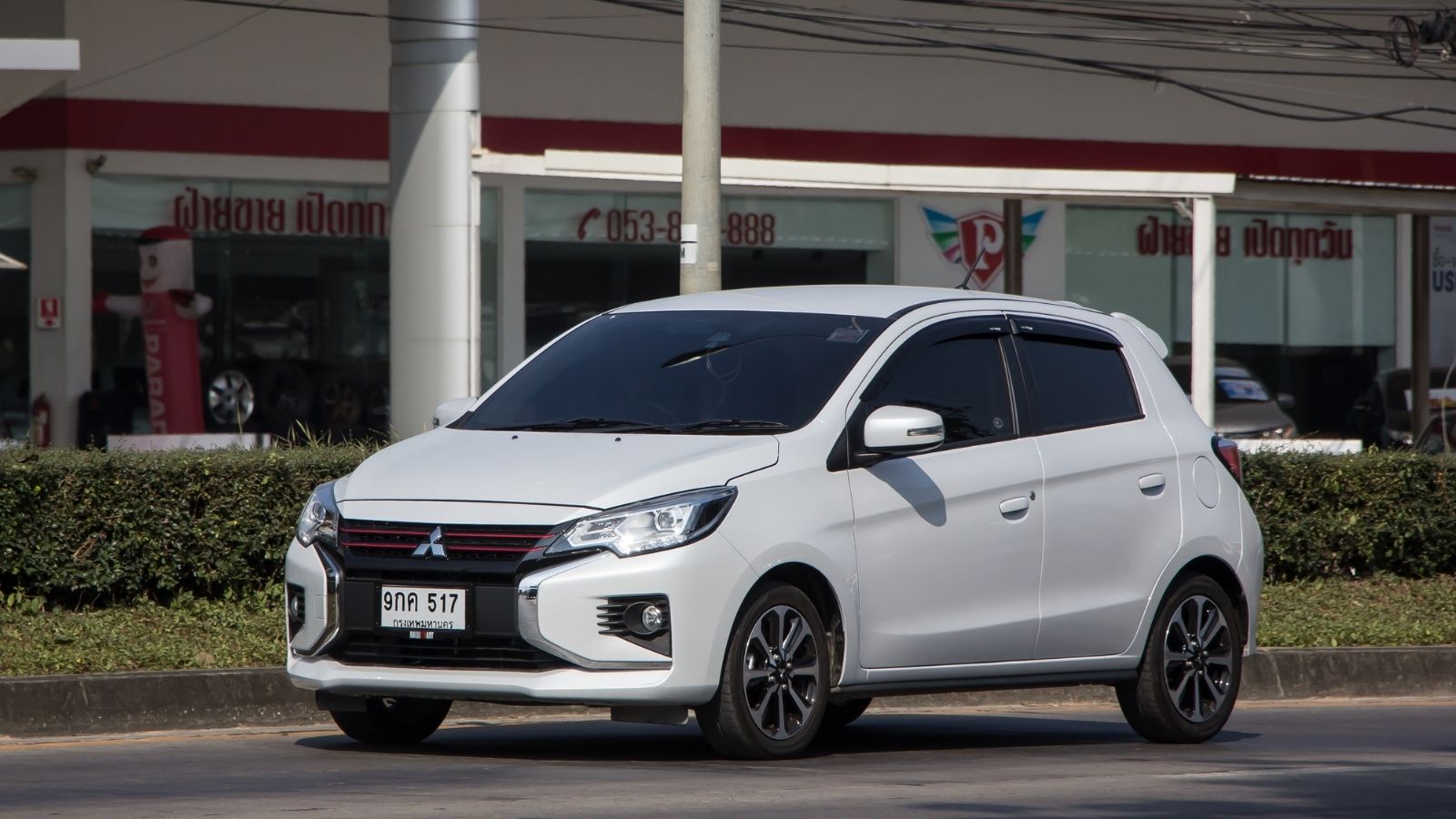
Known for its budget pricing and fuel economy, the Mirage is facing a steep resale drop as buyers turn toward used hybrids and EVs. The car’s Spartan build quality and underwhelming driving dynamics haven’t helped its case. Many used car buyers are seeking more refined options, and the Mirage often falls short. Its low new-car price also translates into low used value, giving owners little leverage at resale. With rumours swirling about Mitsubishi reworking its lineup, support for the Mirage may fade.
Subaru Legacy
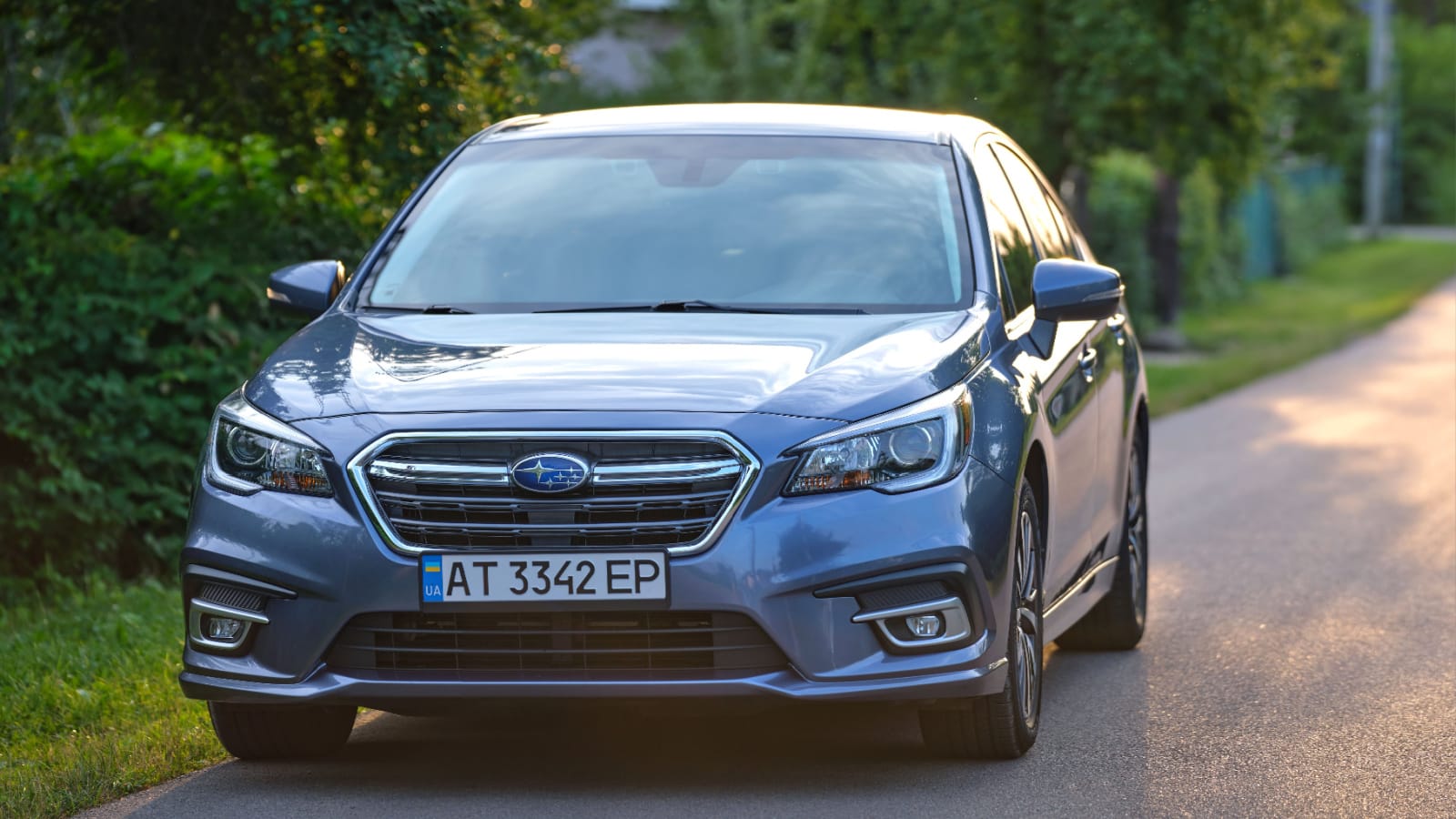
The Legacy once held a respectable spot among midsize sedans thanks to standard all-wheel drive and solid safety features. However, the rise of Subaru’s crossovers like the Outback and Forester has cannibalized its audience. Consumers increasingly view sedans as outdated, especially when the same AWD capability is available in taller, more practical body styles. The Legacy lacks the hybrid options many competitors now offer, and its styling hasn’t done much to spark fresh interest. As the used market gravitates toward SUVs and plug-in alternatives, resale demand is softening.
Kia Cadenza
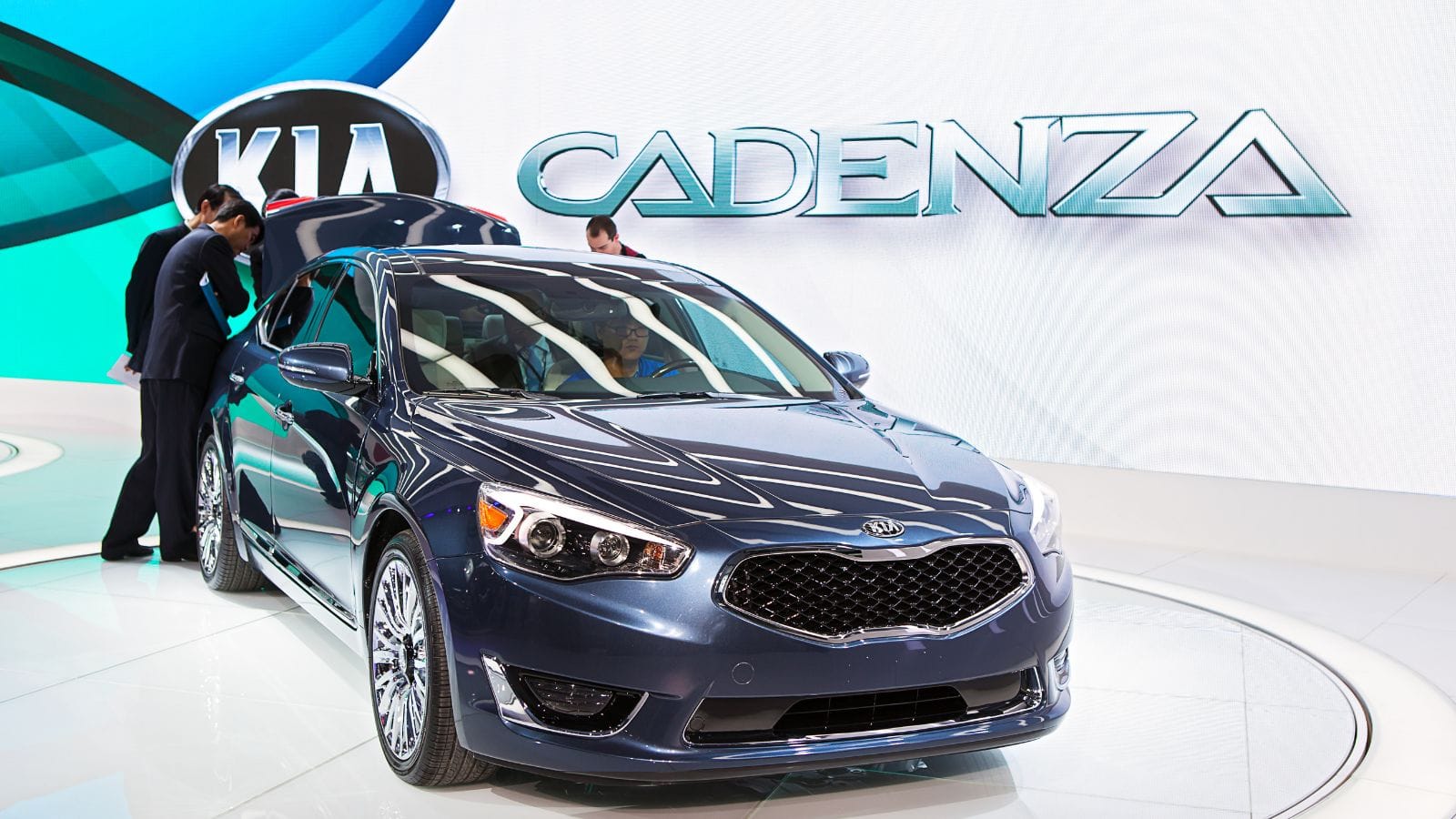
This full-size sedan was quietly discontinued, and its presence on Canadian roads is fading. While the Cadenza boasted a luxurious ride and a strong list of features, it never managed to gain widespread popularity. Kia has shifted focus toward SUVs and electric vehicles, leaving sedans like this behind. Its low brand recognition compared to rivals like the Toyota Avalon or Buick LaCrosse limits resale demand. Inventory scarcity doesn’t necessarily translate into desirability when public interest is minimal. The used market is lukewarm at best, and prices reflect that.
Fiat 500L
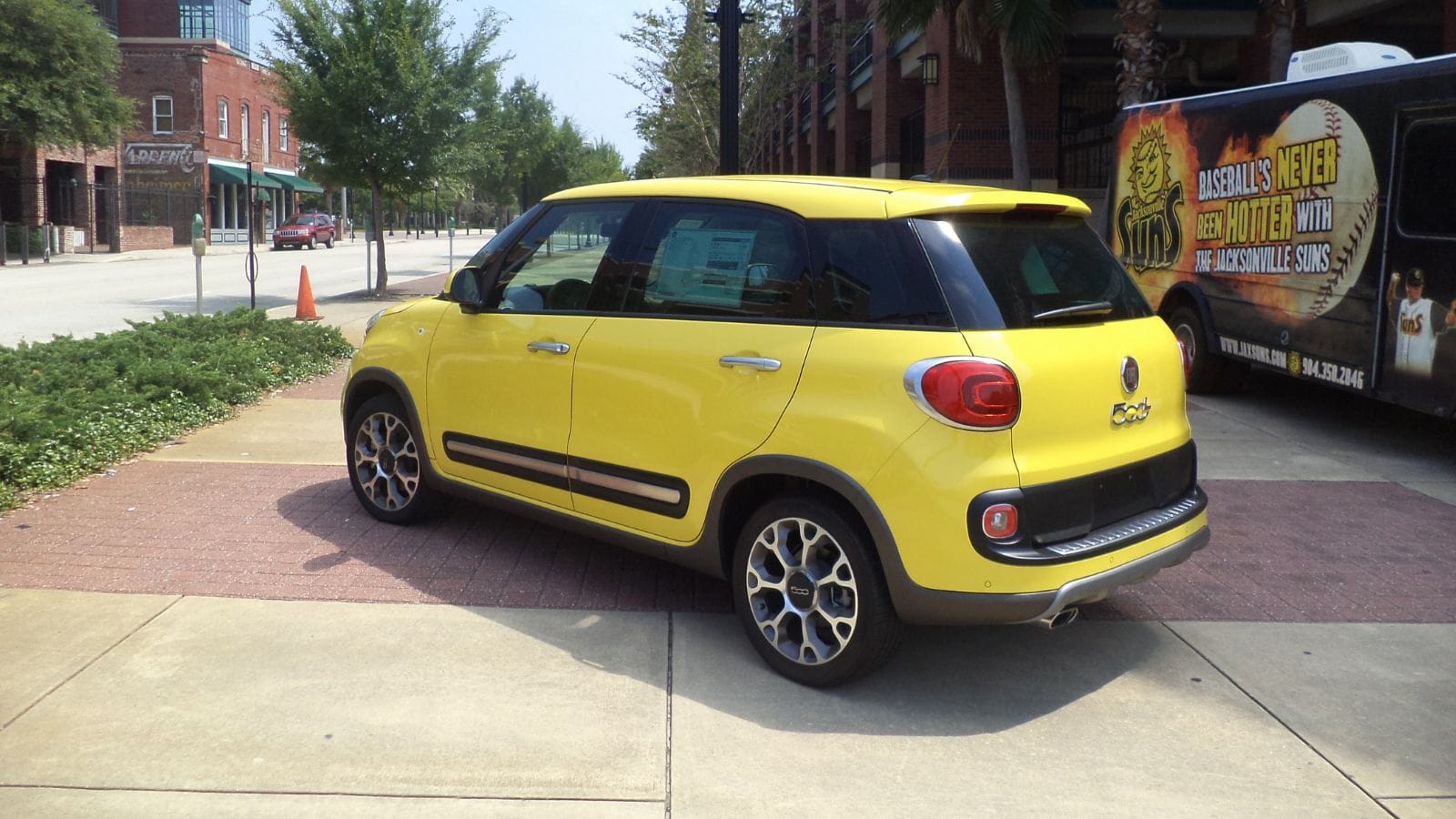
Compact but awkwardly proportioned, the 500L never gained a strong foothold in Canada. While it aimed to combine small-car efficiency with MPV-like space, it fell short in both charm and execution. Reliability issues and a poor resale reputation haunt Fiat’s brand image, significantly affecting used prices. The 500L’s quirky design hasn’t aged well, and few buyers are seeking them out in the second-hand market. With Fiat having a minimal presence in the Canadian automotive scene, parts availability and servicing concerns further erode resale value.
Infiniti Q70
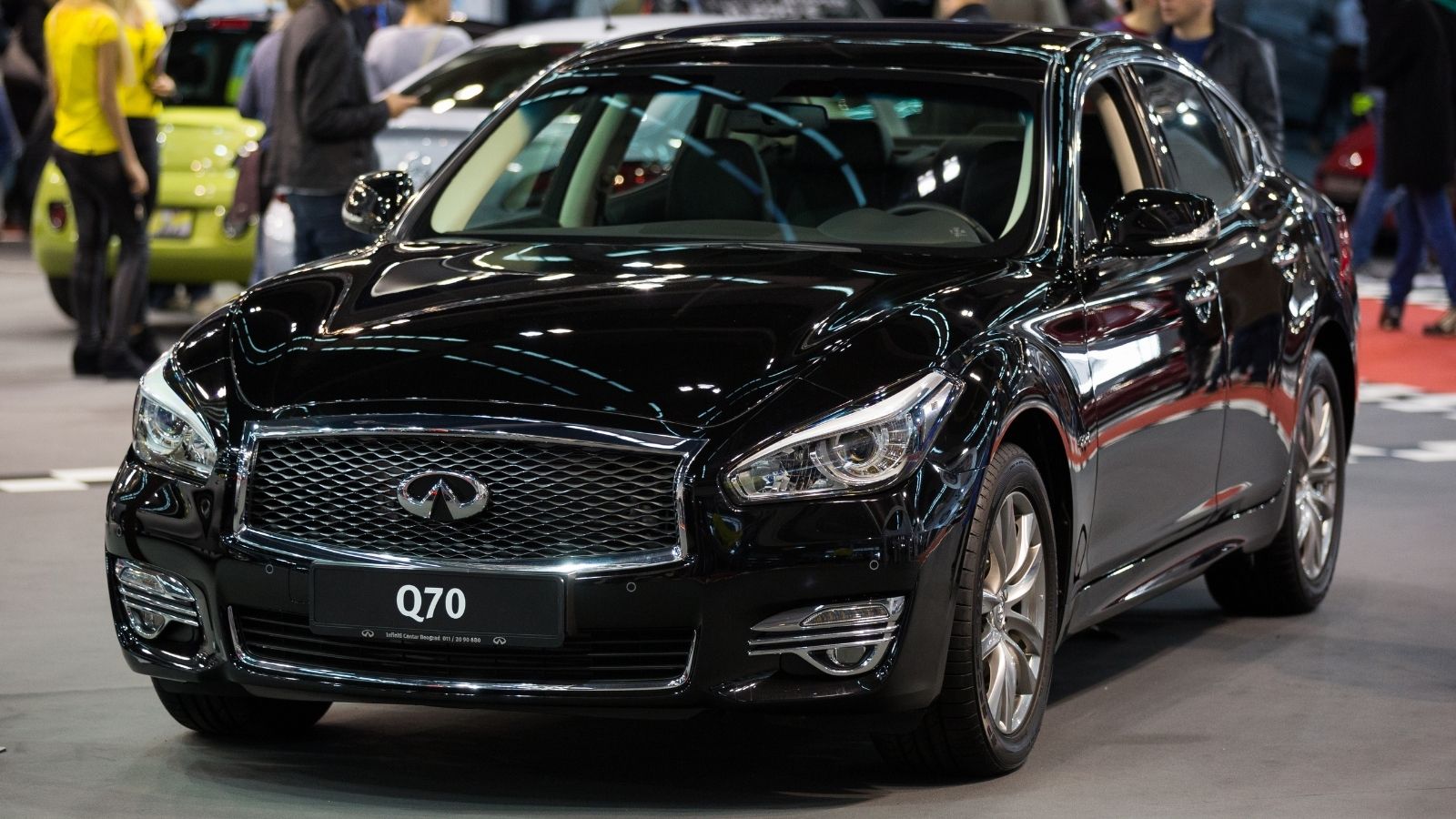
Despite offering a plush ride and a V6 engine, the Q70 suffers from a lack of innovation and modernity compared to rivals. It was discontinued in recent years, and its absence from showrooms is already being felt in the resale market. Infiniti hasn’t invested heavily in updating its sedan lineup, focusing more on crossovers like the QX50 and QX60. This strategic pivot has left sedans like the Q70 unsupported. Buyers looking for luxury sedans now lean toward German brands or newer hybrids. The Q70’s dated infotainment and limited tech make it a harder sell.
Chevrolet Impala
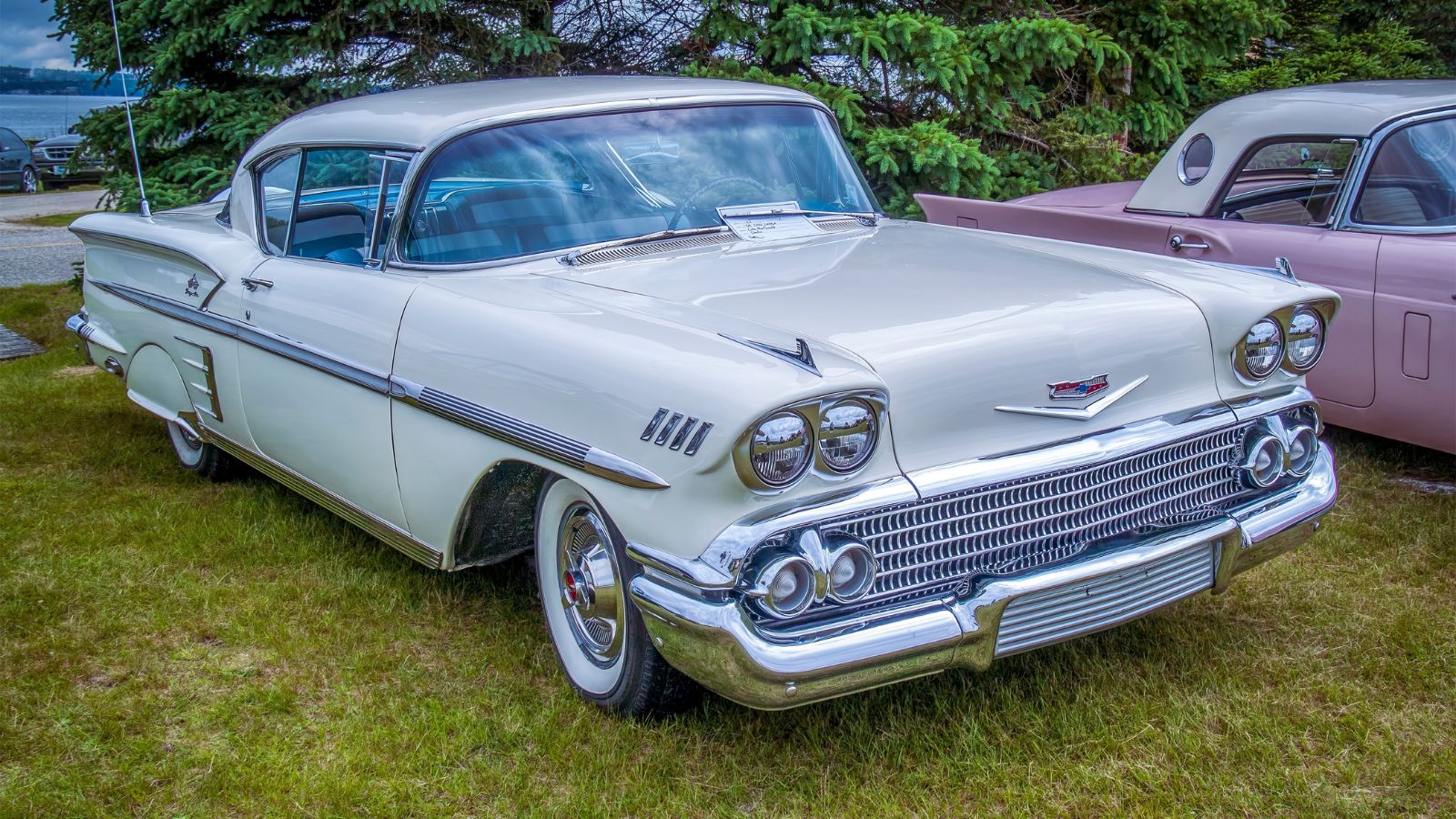
The Impala’s large interior and comfortable ride once made it a fleet and family favorite, but with its production stopped, its desirability is slipping. Its sheer size is becoming a drawback as urban dwellers and younger buyers move toward compact and midsize vehicles. Depreciation is accelerating, and the lack of recent model-year updates is evident in the resale market. It doesn’t command strong trade-in values, and private buyers show little interest in sedans that aren’t fuel-efficient or technologically current. Selling now while it still carries some name recognition may be wiser than letting it languish for less later.
Toyota Avalon
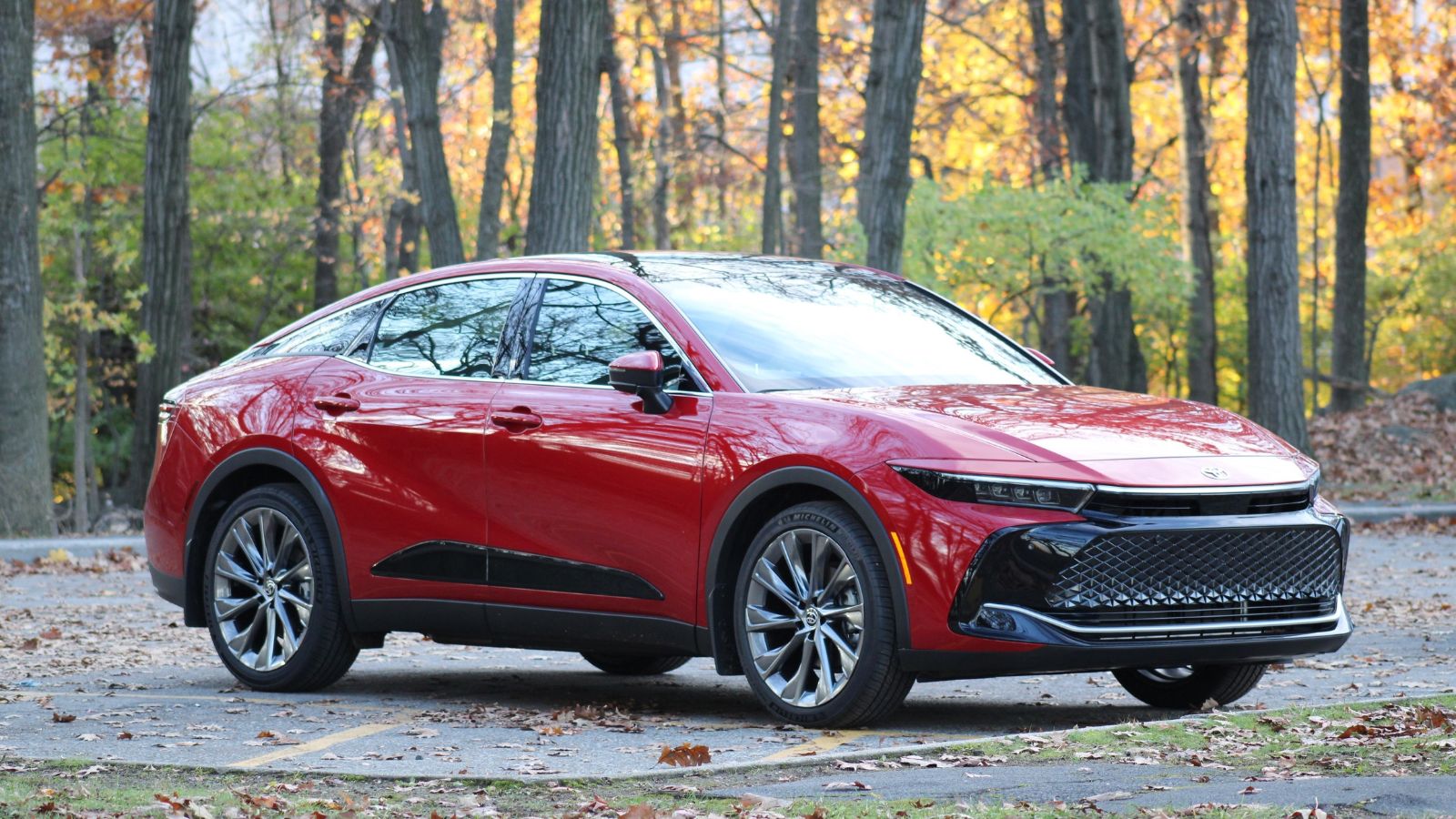
Though known for comfort and dependability, the Avalon’s future looks bleak in the used car market. The full-size sedan has already been axed in Canada, and it’s quickly losing ground to crossovers in the same price bracket. While it still holds decent reliability scores, the limited interest in large sedans continues to undercut its value. Fewer younger buyers are drawn to its conservative styling or driving dynamics. Hybrids and electrified alternatives now offer better fuel economy and modern tech at similar prices.
Lincoln MKZ
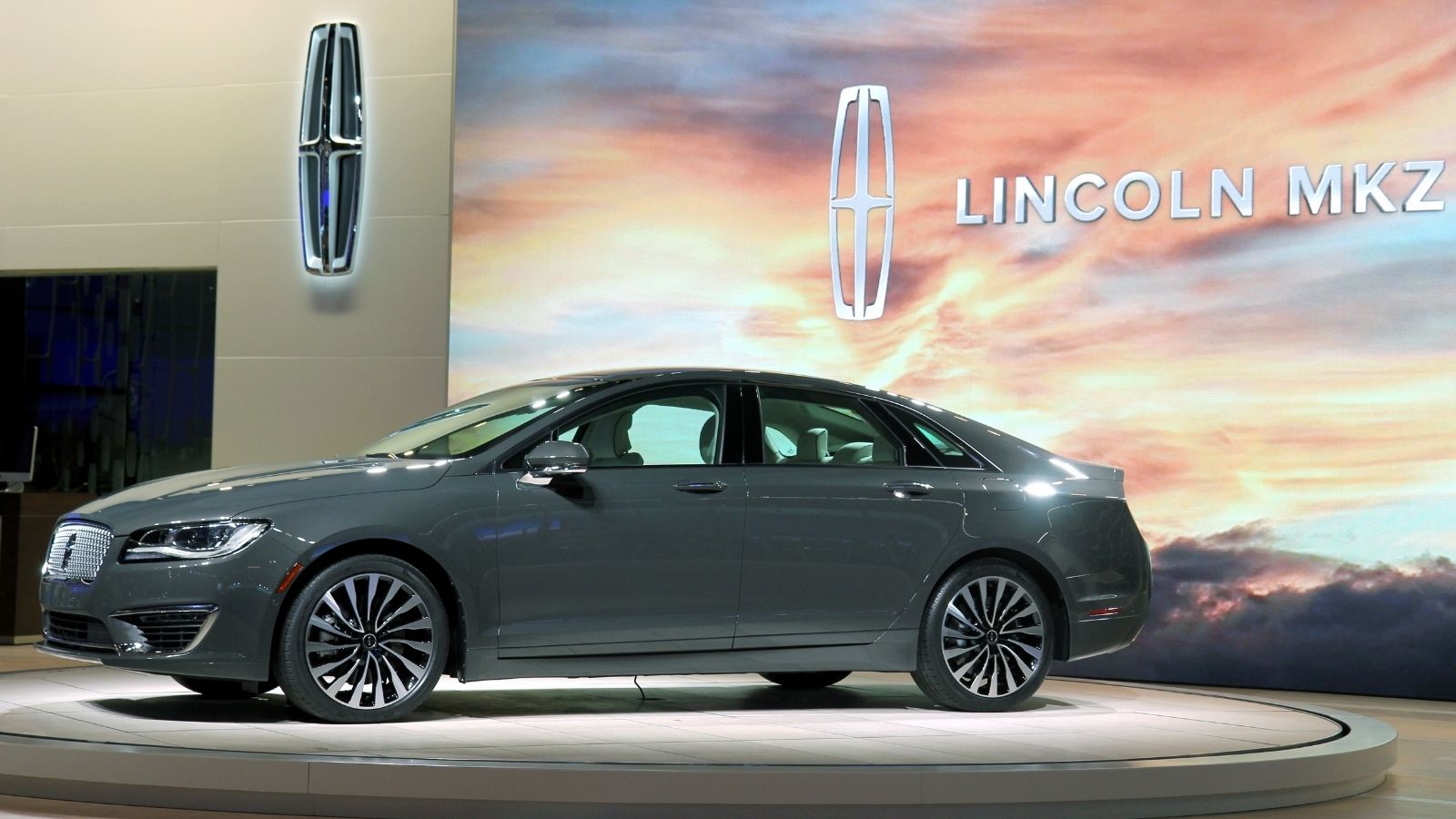
The MKZ once served as Lincoln’s entry-level luxury sedan, but it struggled to define itself in a crowded market. Discontinued as part of Ford’s retreat from sedans, the MKZ lacks the brand strength of German competitors. It offered a smooth ride and decent interior materials, but resale demand is weakening fast. Luxury buyers now prioritize newer tech, plug-in hybrids, and more upscale cabin designs. With fewer people considering used Lincoln sedans, values are sliding. Keeping one too long could result in steep trade-in losses.
Dodge Journey
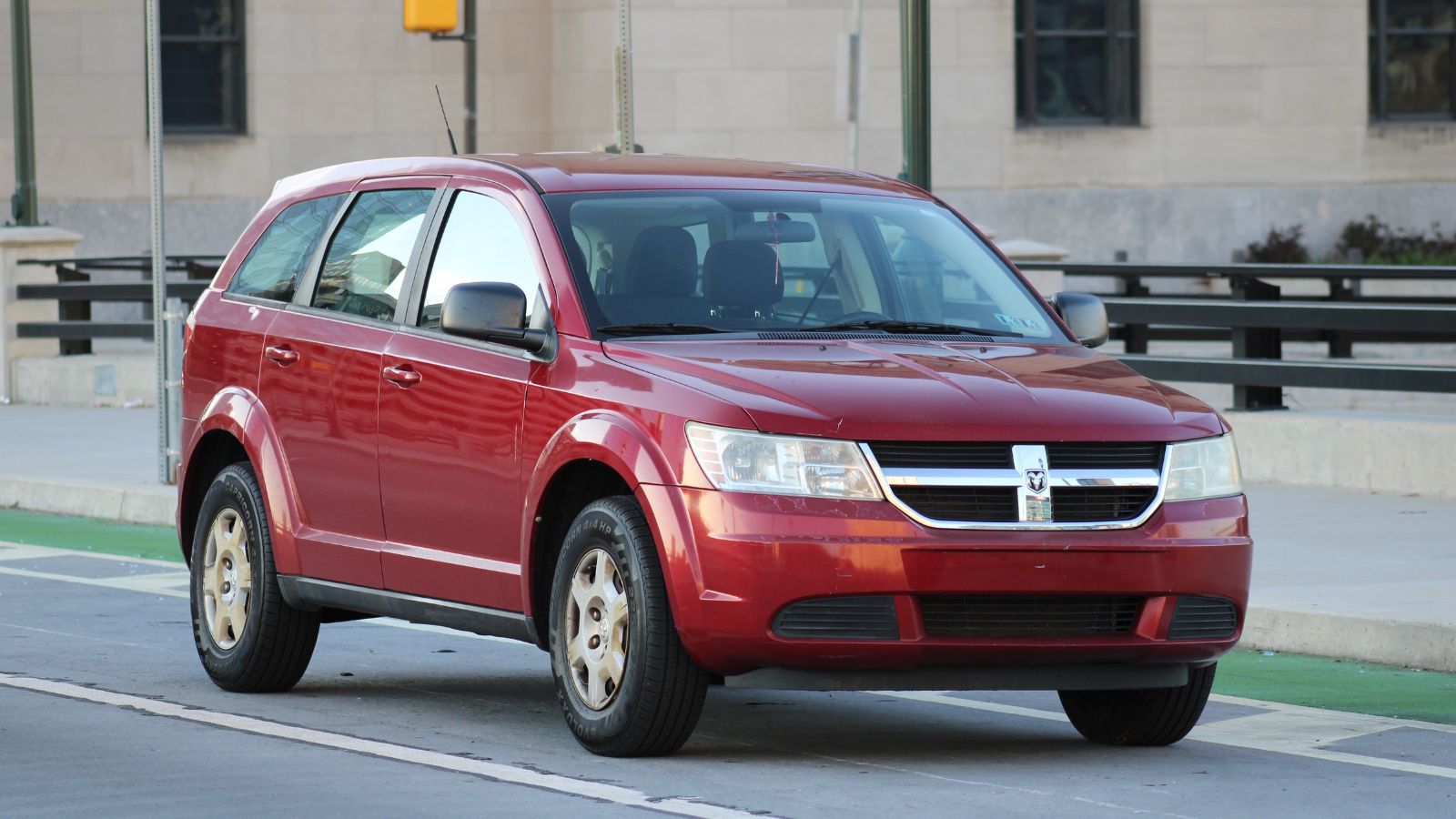
The Journey stayed in production far longer than many expected, and it shows in its outdated design. Even during its peak, it struggled with reliability perceptions, underwhelming engines, and cheap interior quality. Now that it’s out of production, resale values are under pressure. The midsize crossover space is crowded with newer, safer, and more efficient options. Insurance premiums and fuel costs also weigh against it. Used car shoppers aren’t lining up for Journeys, which makes resale difficult. If you’re holding out for higher offers, you might be disappointed.
Cadillac CT6
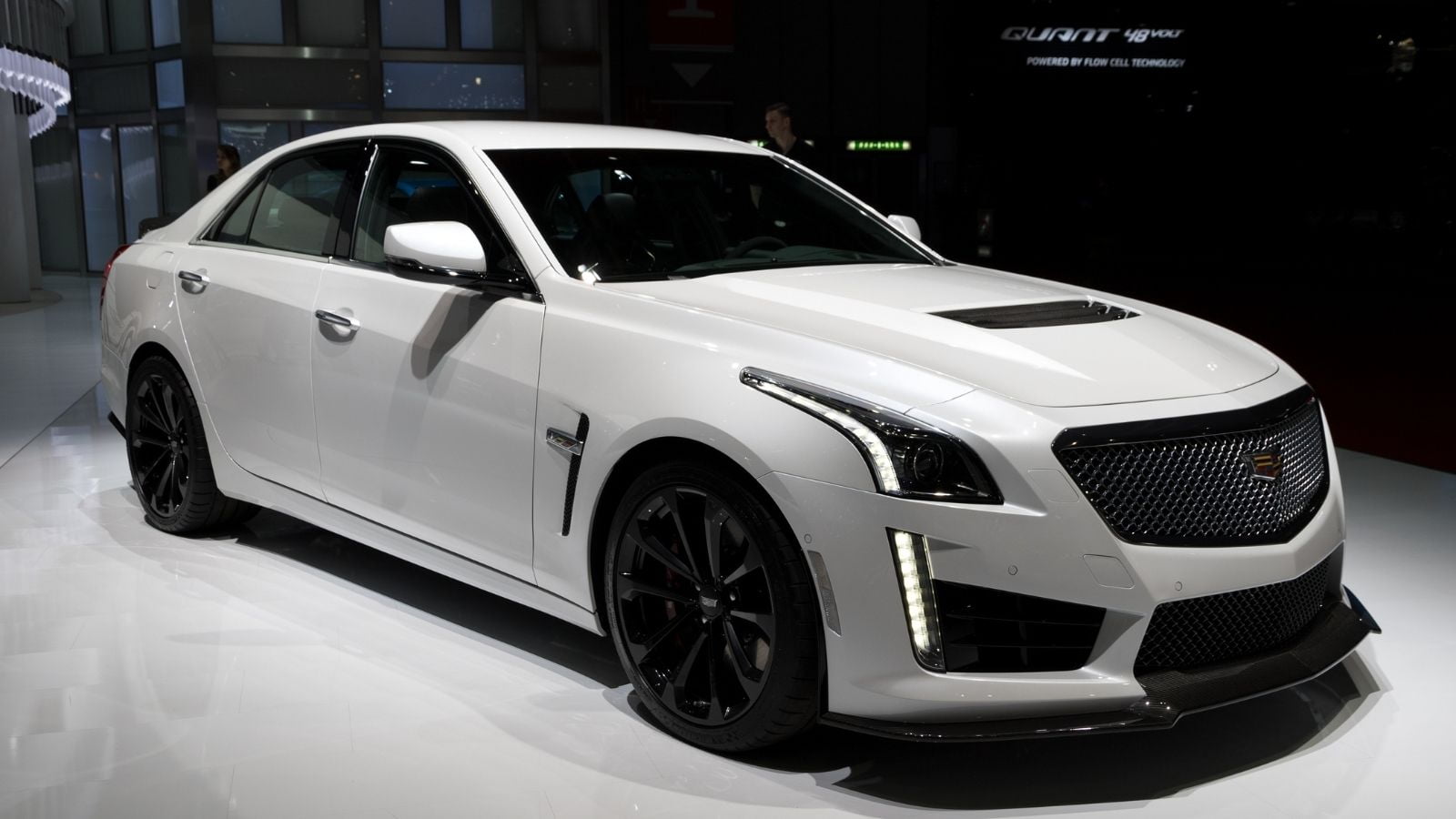
Designed as Cadillac’s answer to European executive sedans, the CT6 never quite captured the same attention. Despite its high-end features and comfortable ride, the vehicle suffered from an identity crisis and weak branding. It’s no longer being produced, and parts scarcity could become a concern shortly. Luxury sedans with limited model support often face swift depreciation. Most buyers gravitate to more recognized names like BMW, Mercedes, or Lexus when shopping for premium vehicles. Unless you own a rare trim or performance version, the CT6’s market value is expected to drop quickly.
Honda Clarity
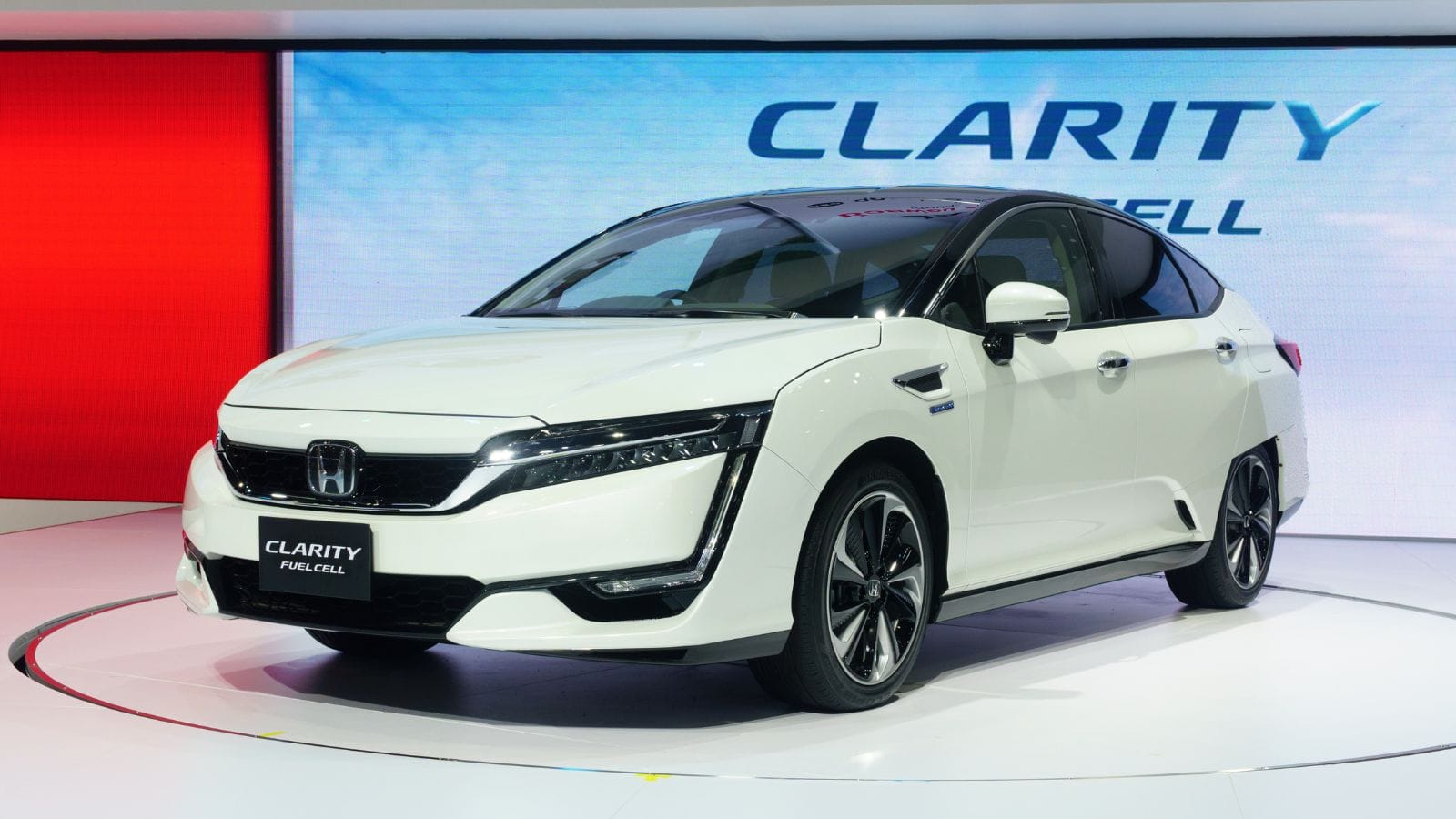
The Clarity had potential with its plug-in hybrid and hydrogen fuel cell variants, but its niche appeal limited its success. Now discontinued, it lacks the charging network and mainstream support needed to keep values steady. The PHEV model did gain some traction, but most buyers found it hard to justify over a traditional hybrid or newer EV. Used Clarity models are showing softening prices, partly due to the lack of dealership enthusiasm for servicing or selling them. It’s not a nameplate with brand pull, and resale value is fading accordingly.
Nissan Maxima
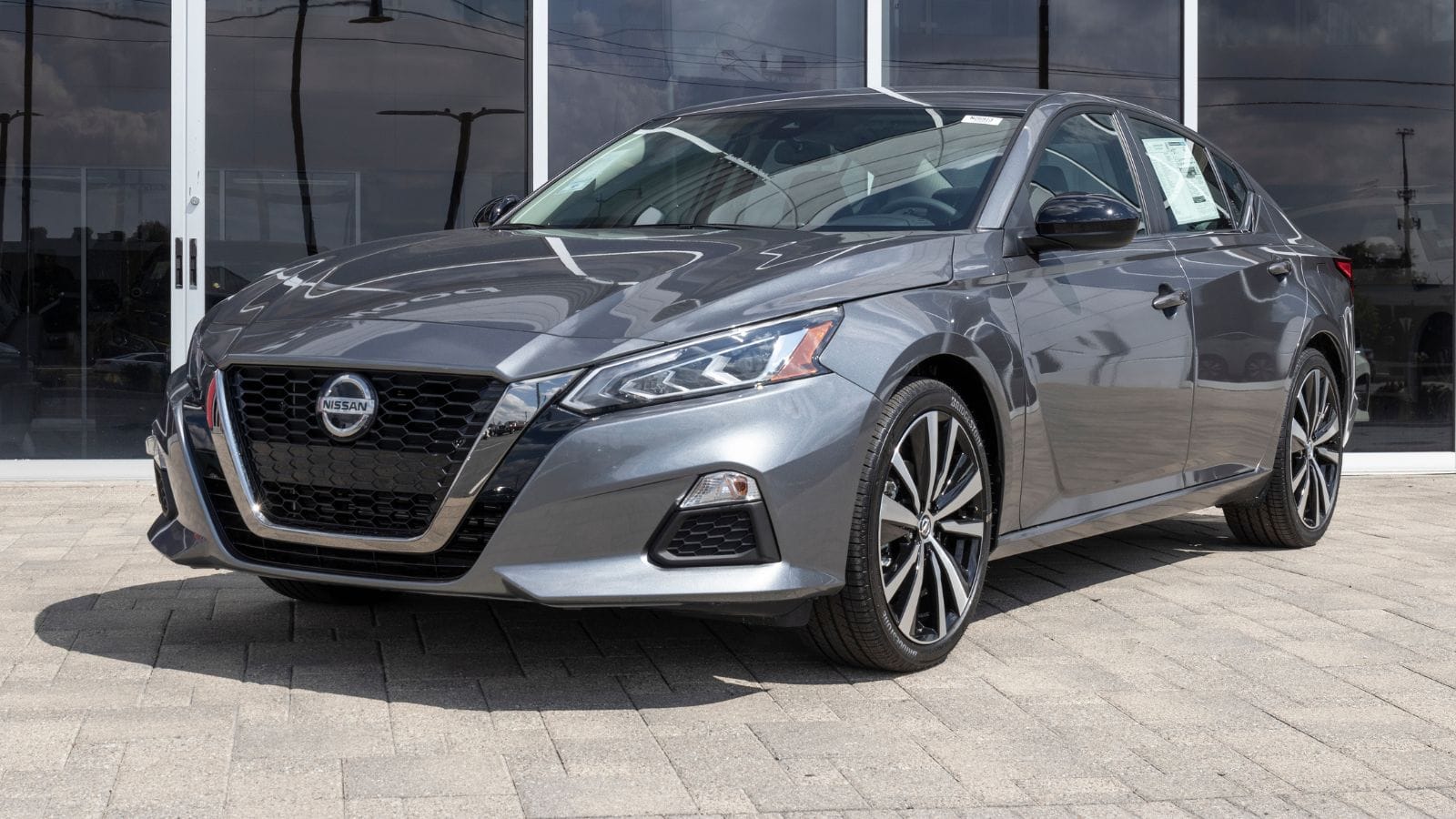
The Maxima has long marketed itself as a “four-door sports car,” but its appeal has waned as consumer interest drifts toward sporty crossovers. Its powerful V6 engine and premium interior helped it stand out, but the lack of AWD and absence of a hybrid option limit its current relevance. With Nissan confirming the model’s discontinuation, the Maxima’s resale value is at risk of sliding. Used car buyers looking for sporty sedans increasingly turn to brands with more cachet or modern features. Selling it while its engine performance still draws some attention could be the smarter play before values nosedive.
Genesis G70 (Early Model Years)
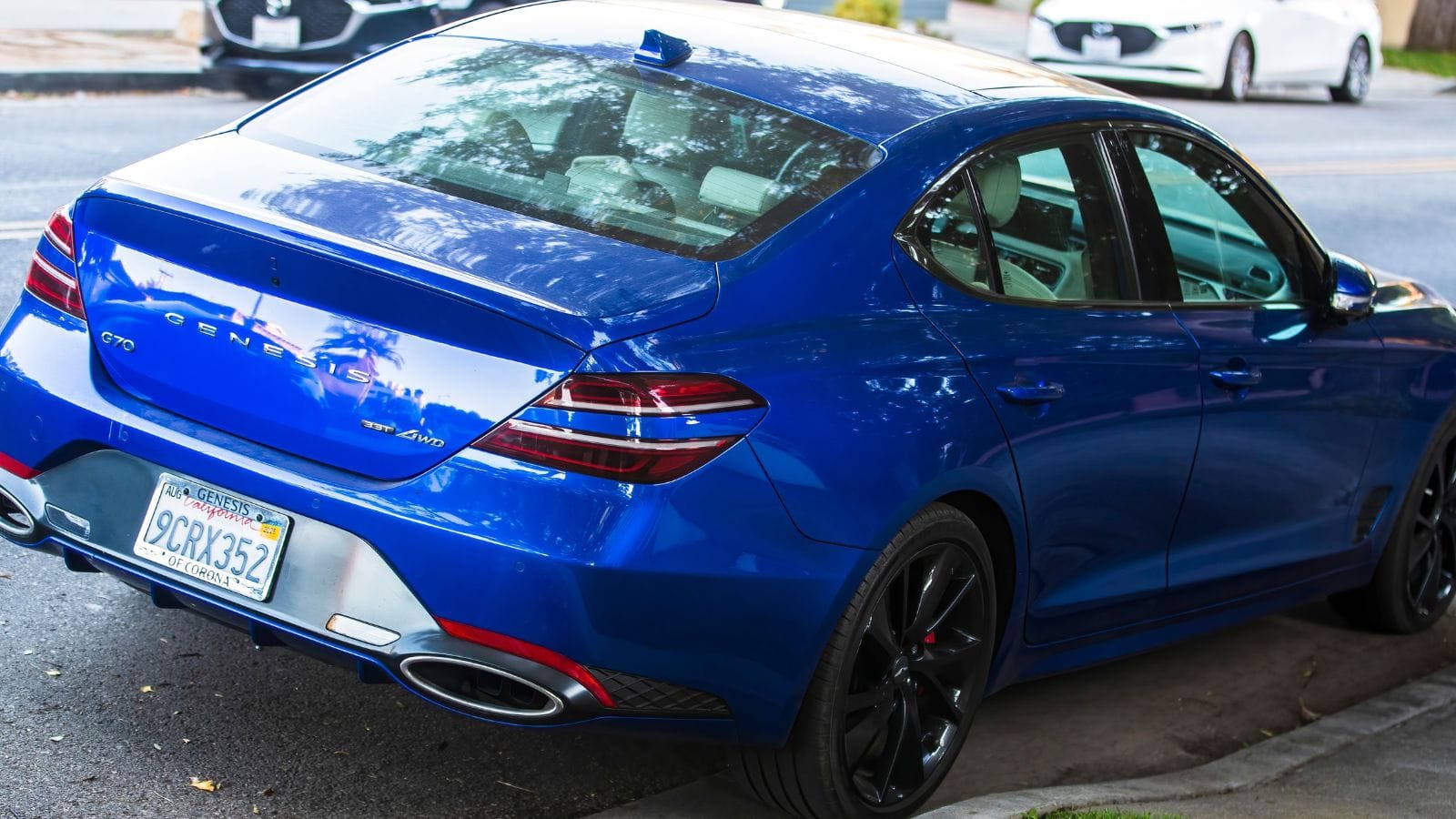
The G70 brought a fresh take to the compact luxury sedan segment, but early model years are already facing depreciation due to rapid updates and new competition. The interior and tech of initial models haven’t aged well against German and Japanese rivals. While newer G70s boast better infotainment and improved styling, those benefits don’t extend retroactively. As Genesis continues refining its lineup, older G70s lose their edge. Used buyers often prefer the latest iterations, especially in a luxury segment where features matter.
Ford Fusion Energi
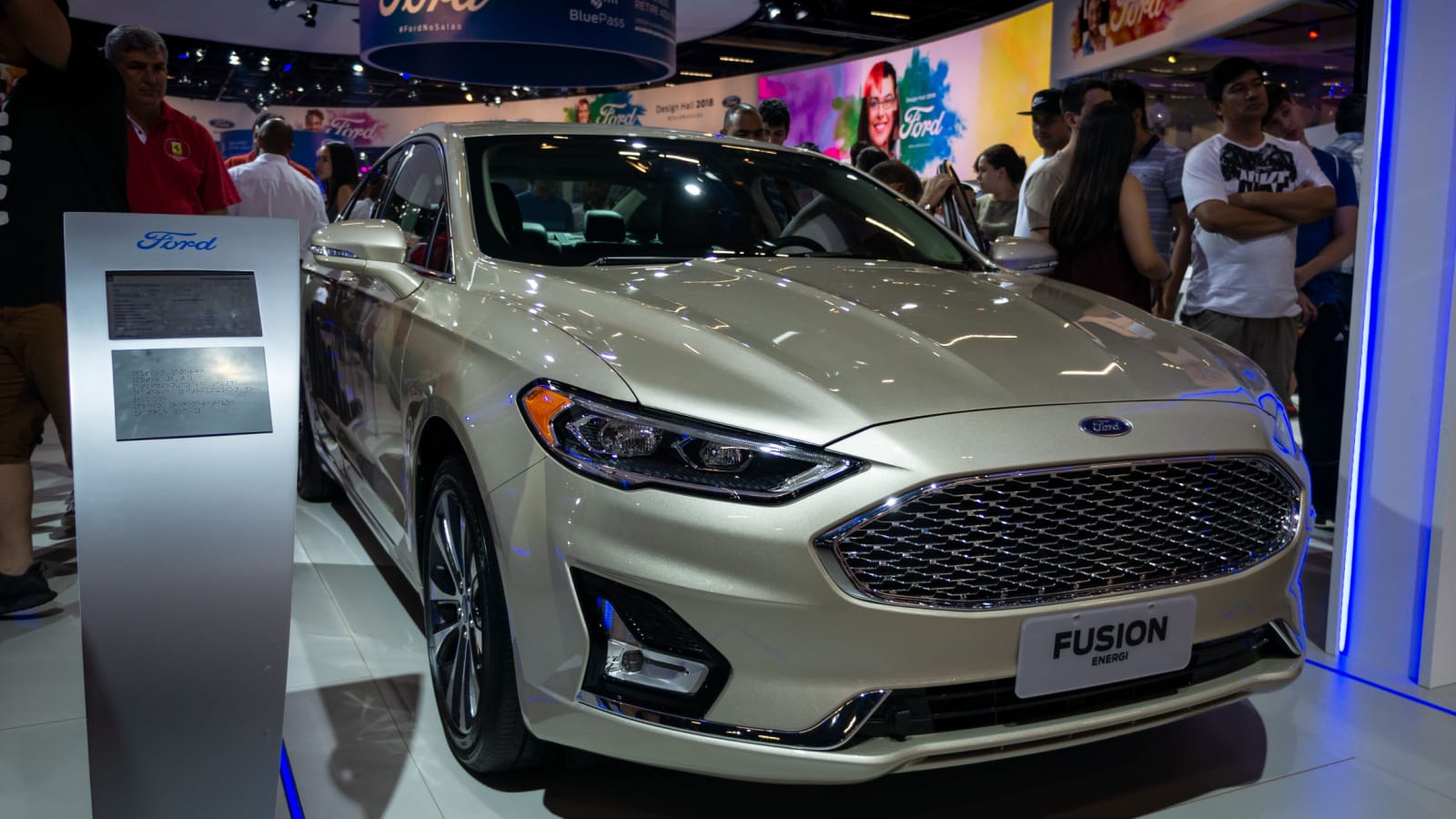
This plug-in hybrid offered decent efficiency, but with the Fusion lineup now entirely discontinued, resale demand is drying up. Buyers in the market for electrified vehicles have moved on to newer options with more extended electric-only range and better tech. While the Fusion Energi served a transitional role in the plug-in space, it lacks the refinement and appeal of newer EVs and hybrids. Resale values have begun to decline rapidly, particularly as battery degradation becomes a concern. With limited dealership support and a crowded used EV market, selling it sooner rather than later could help owners cut their losses.
Acura RLX
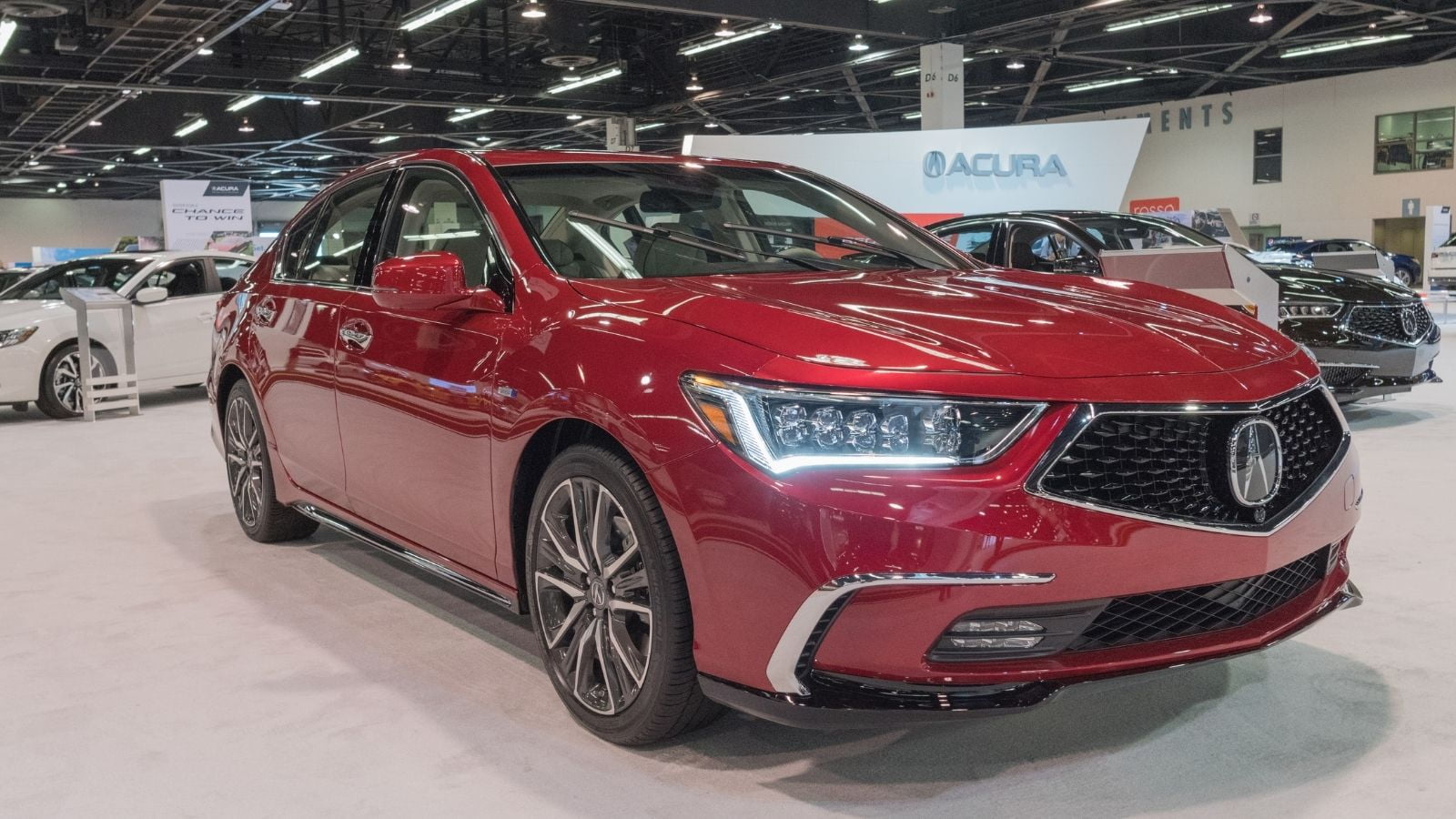
Despite its premium badge, the RLX never achieved strong market traction. Acura discontinued the model due to slow sales, and that lack of popularity reflects in the used car market. It offers solid comfort and technology, but it doesn’t match the prestige or performance of similarly priced German competitors. With a bland design and limited enthusiast interest, RLX resale is suffering. Buyers are leaning toward the TLX or looking at luxury SUVs instead. Dealerships offer low trade-in values, and interest from private buyers is slim.
BMW i3
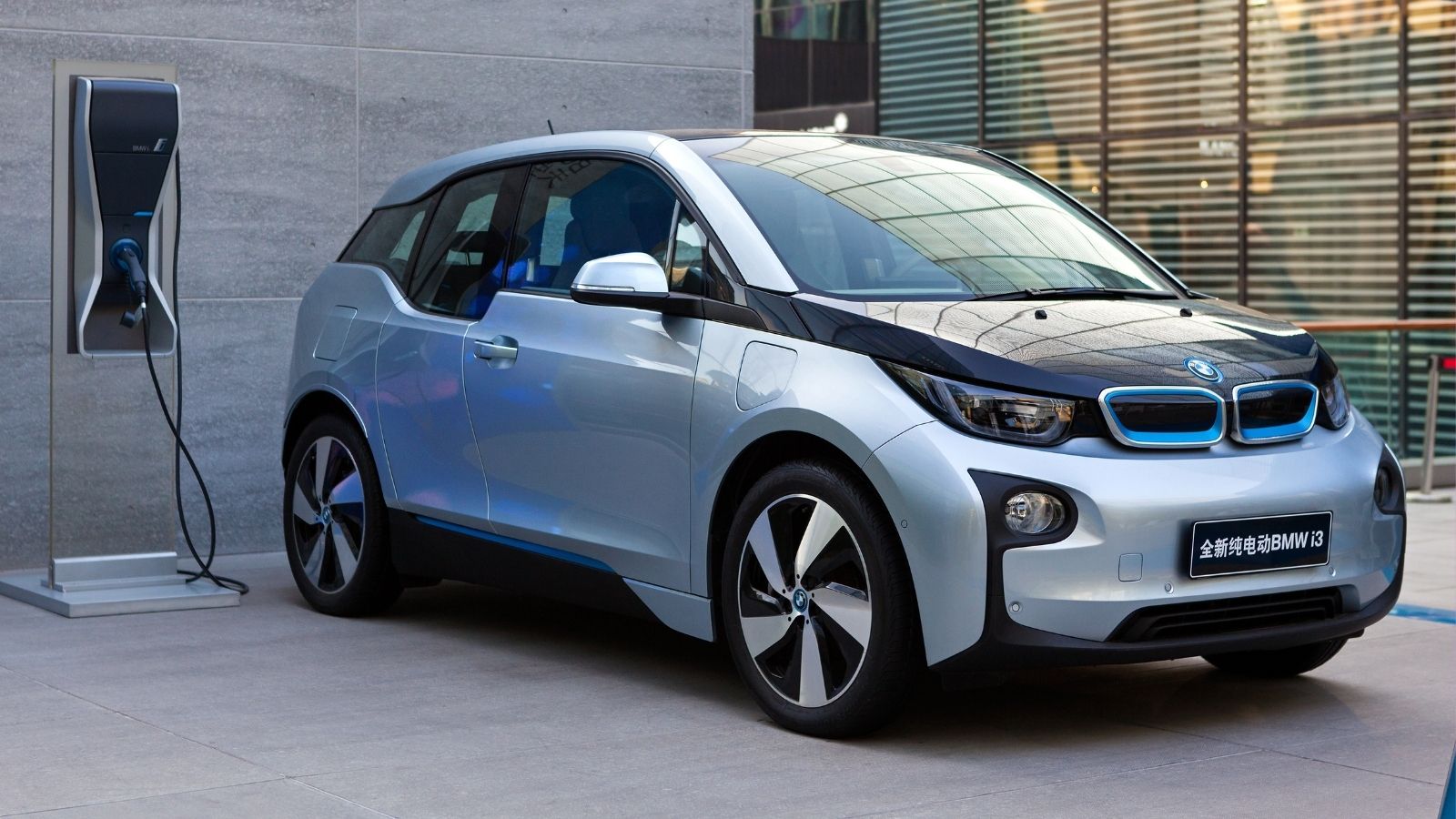
Innovative when it launched, the i3 stood out with its futuristic design and sustainable materials. However, its short electric range, narrow body, and unusual looks have aged poorly. BMW has ended production, and support for its unique components may not last long. While some EV enthusiasts still appreciate its quirkiness, most buyers are gravitating toward longer-range models. The i3’s resale has weakened, and as battery tech evolves, its limitations become more glaring. Depreciation is likely to accelerate as newer EVs continue to dominate headlines and consumer attention.
21 Products Canadians Should Stockpile Before Tariffs Hit

If trade tensions escalate between Canada and the U.S., everyday essentials can suddenly disappear or skyrocket in price. Products like pantry basics and tech must-haves that depend on are deeply tied to cross-border supply chains and are likely to face various kinds of disruptions
21 Products Canadians Should Stockpile Before Tariffs Hit
